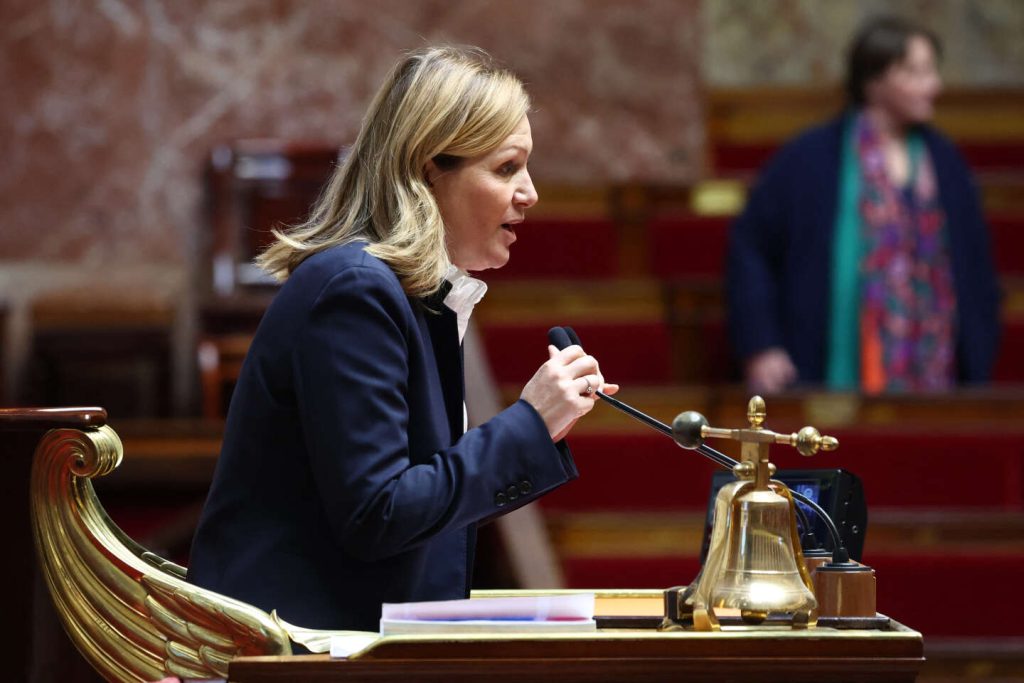Yaël Braun-Pivet, the President of the National Assembly in France, proposed the idea of imposing gender parity in local municipal elections in communities with less than one thousand inhabitants as a tribute to General de Gaulle’s decision to grant women the right to vote and be elected on April 21, 1944. In an article in La Tribune on April 21, she highlighted the unfinished progress of gender parity in politics and suggested further steps to achieve equality, such as introducing proportional representation in legislative elections, implementing term limits to encourage renewal, extending gender parity to smaller municipalities and intercommunalities, and creating a status for elected officials that facilitates women’s entry into politics. Currently, there is a lack of female representation in French politics, with only 37.3% of female deputies, 36.2% of female senators, and 20% of female mayors or department presidents.
Braun-Pivet pointed out that while larger cities with over one thousand inhabitants already implement gender parity in list voting, the majority of smaller communities in France do not have this requirement, leading to a lack of female representation in local government. The options for achieving gender parity in these smaller municipalities include changing the electoral system to mandate parity or encouraging more women to run for office. Minister of Local Government Dominique Faure favors the latter approach, citing the difficulties faced by small communities in finding candidates and suggesting that mandating parity could create additional constraints. She believes that fostering a supportive environment for women in politics, such as through the creation of a special status for elected officials, is essential to encouraging their participation.
Faure supports initiatives like providing maternity leave benefits for mayors to ensure equal opportunities for women in politics and enable them to balance their personal and professional lives. By addressing the specific challenges faced by women in politics, such as the lack of financial support during pregnancy and maternity leave, Faure aims to remove barriers to female participation in elected positions. She emphasizes the importance of empowering women to pursue political careers and ensuring that they do not face greater obstacles than men in seeking elected office.
The push for gender parity in local elections is part of a broader effort to address gender inequalities in French politics. By promoting equal representation of women in decision-making bodies at all levels of government, lawmakers hope to create a more inclusive and diverse political landscape. While the debate continues on the most effective strategies to achieve gender parity, the commitment to advancing women’s rights and opportunities in politics remains a key priority for government officials and advocates in France. Laying the foundation for gender equality in politics today is seen as essential for building a more equitable and representative democracy in the future.


